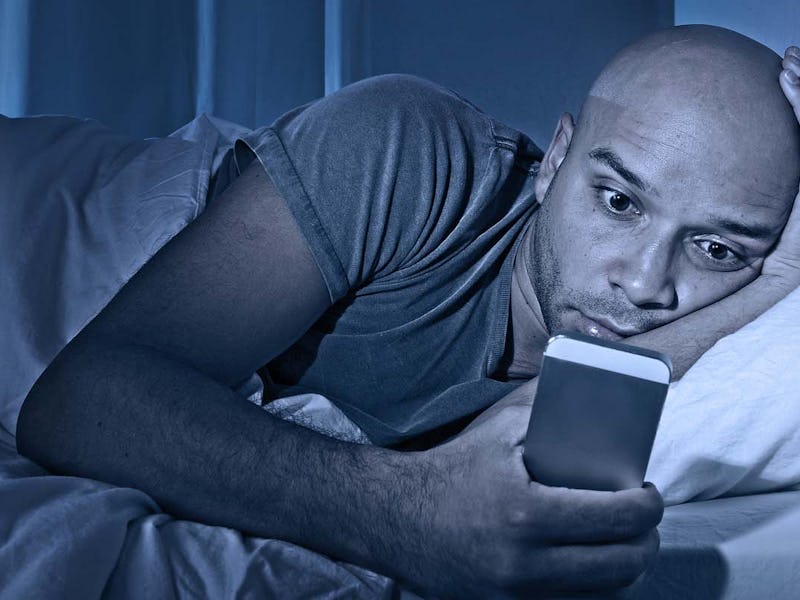WWDC 2018: Apple Is Unveiling New Tech to Curb Your iPhone Addiction
Sorry, Instagram addicts. It's time to log off.

The Worldwide Developers Conference is essentially like the software version of a candy shop for Apple fans. Attendees ogle at the upgrades and changes across all of the company’s operating systems and leave newly obsessed with a plethora of apps and features. But in a strange turn of events, WWDC 2018 will reportedly highlight the importance of getting off your iPhone.
According to a Bloomberg report by established Apple insider Mark Gurman, the company has been developing an initiative called “Digital Health.” This will include a number of applications and tools that will comprehensively lay out how much time you spend on your phone. All of this will be housed in a menu inside of the Settings app in the upcoming iOS 12 update. So Instagram addicts, be prepared for your phone to wholly embarrass you.
This seems like a bold move for a company whose products’ endless notifications really are changing our brains. But, according to a January report, two major Apple shareholders have urged the tech giant to study the effects of phone addiction on children. In a letter dated Jan. 6, investors Jana Partners LLC and the California State Teachers’ Retirement System requested that Apple create some kind of parental control function to curb kids’ incessant smartphone use.
Apple’s potential “Digital Health” feature is a carbon copy of Google’s “Digital Wellbeing” dashboard it announced during its Google I/O conference in May. We’ll have to wait until WWDC to hear about the specifics of Apple’s version of this feature, but if its anything like Google’s, it could notify you to take a break if you’ve, say, been watching YouTube for two hours.
A slightly similar feature has been a longstanding part of iPhones for quite some time already: “Battery Usage.” By navigating to Settings, then Battery, you’ll be able to see a breakdown of what apps are eating up most of your battery life. This gives you an idea of the apps you spend most of your time using, but none of this information is presented in an upfront manner.
As you can see, I've recently become addicted to "Stampede."
It’ll be interesting to see if notifying people how long they’ve been on their device will actually motivate them to stop lying in bed, mindlessly scrolling through Twitter.
My personal notification that tells me to log off is when I drop my phone on my face, so maybe “Digital Health” wouldn’t be so bad.